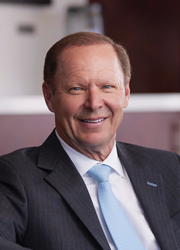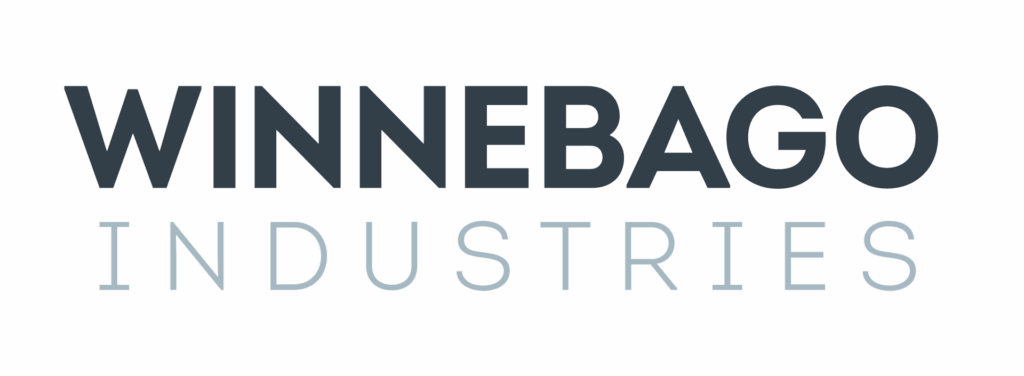Economic Forecast Preview: What’s ahead in 2023?
Panelists preview key areas to watch

Business Record Staff Jan 17, 2023 | 5:30 pm
5 min read time
1,125 wordsBusiness Record Insider, Economic DevelopmentWith the rate of inflation hitting historic highs, interest rates continuing to increase, and persisting labor and supply challenges continuing to pressure businesses and investors, who knows how the economy might fare in 2023?
These topics are just some of the areas we’ll tackle at the Business Record’s annual Economic Forecast Luncheon on Jan. 24. To prepare for the event, we’ve asked our panelists to answer a question before the event in order to give a taste of their projections for the year.
– Chris Conetzkey, group publisher, Business Publications Corp
QUESTION: What is the most important thing businesses should know about the economy in 2023?

Debi Durham
Executive director, Iowa Economic Development Authority and Iowa Finance Authority
Iowa’s economy is in an enviable position. Our communities and key industries are strong. We’re considered the No. 1 state for opportunity and housing affordability and a top 10 state to live and raise a family. We’re moving from one of the least competitive states for taxes to one of the most.
Iowa’s success story speaks to our fiscal responsibility and foresight: We see the future and run to it. Yes, our economy rebounded from the pandemic faster than any other state because our budget was in a position of great strength and we kept our core industries open. But the reality is, Iowa has worked intentionally for some time to diversify our economy and fuel growth.
We’ve invested to help manufacturers stay competitive globally amid a technology revolution. We’re making Iowa more attractive to businesses in our key industries by offering up more project-ready locations. We lead the nation for energy generated from renewable resources because, just like the companies we’re courting, we understand sustainability is the cost of doing business.
We’re helping employers find solutions to a nationwide workforce shortage that is anything but one size fits all. We’re building communities where people want to live by making historic investments in housing, child care, water quality, broadband and tourism. And for the first time, we’re promoting Iowa on a national stage to let everyone in on our secret.
As proud as I am to be an Iowan today, I can’t wait to see what tomorrow holds for our great state.

Eric Lohmeier
Founder and president, NCP Inc.
2023 is going to be a proverbial “Tale of Two Cities.” Start with the positive. “High quality” growth will occur in many things related to public infrastructure, commodities and base goods. These are the needs vs. wants. Think roads, bridges, energy (clean or “less” dirty), ag, mining, minerals, base consumables.
Successfully funded long-term federal investment has established a decade-long floor for both the direct build and development of the long overdue infrastructure rebuild, and the derivative industries that support this (John Deere, Caterpillar, Martin Marietta, utilities, etc).
Employment growth will be sustained and decidedly bluish-tinted (skilled labor, engineering, mechanical). However, the interest rate-sensitive sectors of the economy are apropos for the above literary reference – as backlogs in residential/commercial and even warehouse construction, over-invested many things “tech/software” – which is HIGHLY rate sensitive – will look like revolutionary/post-revolution France … off with heads.
It is hard to comprehend a “higher for longer” rate environment when for a decade and a half our society has lived under an effective “0” bound rate environment, and it is our guess that 4% is the new 1%. This has not been fully reflected in markets or projections on cyclical/rate-sensitive sectors and we believe the effects will be long-lasting and, well … awful, as assets are repriced (to the negative) for the reality that leverage is 2+x more expensive than an entire generation is accustomed to.
As opposed to the support of skilled labor and related, we believe the effects in the rate-sensitive sectors will be felt most acutely in “white-collar” industries/middle management as entire industries are reimagined and repriced. There is a logical transition of the “blue-collar” skilled labor force to the infrastructure side from the commercial/residential development side, but the administrative aspects of this business (including financial services – oh, my!) will be reduced and it will be painful. I suppose one of the positive outcomes of a reorienting of our business and economy will be an overdue compression in wealth disparities between the top 5% and everybody else – getting your hands dirty has never been more promising.

Nate Schelhaas
Senior vice president and head of life protection solutions, Principal Financial Group Inc.
Today’s economy is uncertain and unpredictable. The threat of a recession looms large, as most U.S. small and midsized businesses believe a recession is likely in 2023. The important thing when facing an unpredictable economy is to make contingent plans that allow you to respond to changes and not simply react. Invest in employees to maintain retention levels this year and beyond. Businesses should look for opportunity in the uncertainty and have in mind a “Recession Checklist” to guide decisions.
Inquire about additional lines of credit: In addition to building up cash reserves, business owners should secure contingent funding in case capital is needed.
Diversify sources of revenue: Don’t just trim operating expenses; identify supplemental revenue sources to boost income. Consider adding an e-commerce platform to reach new markets.
Strengthen key client relationships: Solidify relationships with your key customers, which could in turn lead to continued business throughout a recession. A personalized note, phone call, or meeting goes a long way in reassuring your customers that you value and appreciate their business. Personalizing experiences will become essential.
Invest in employees: With continued pressures of inflation impacting the workforce, it’s important to prioritize the needs of your employees by seeking out financial security offerings. Explore diverse benefits options such as HSA and FSA offerings, disability insurance, and accessibility to financial planning advice.

Don Coffin
CEO and president, Bankers Trust Co.
Every contingency plan, cash management strategy and conversation with trusted advisers will benefit from anticipating the likelihood of a recession. Regardless of what actually transpires in 2023, it will be less uncertain for those who have prepared.
This is the kind of environment where we get to do some of our best and most important work as bankers in helping businesses and consumers prepare for both the risks and opportunities associated with volatile markets, changing interest rates, pent-up growth, and cash management.
Naturally, as a 105-year-old community bank, Bankers Trust has managed through uncertain times before, and no matter the situation – recessions, wars, pandemics – we know that preparation is what ultimately provides the confidence that enables business leaders to make the right decisions at the right time.
EVENT DETAILS
Date: Jan. 24
Location: Sheraton West Des Moines Hotel
Time: Networking – 11 to 11:30 a.m. | Program and lunch – 11:30 a.m. to 1 p.m
REGISTER









